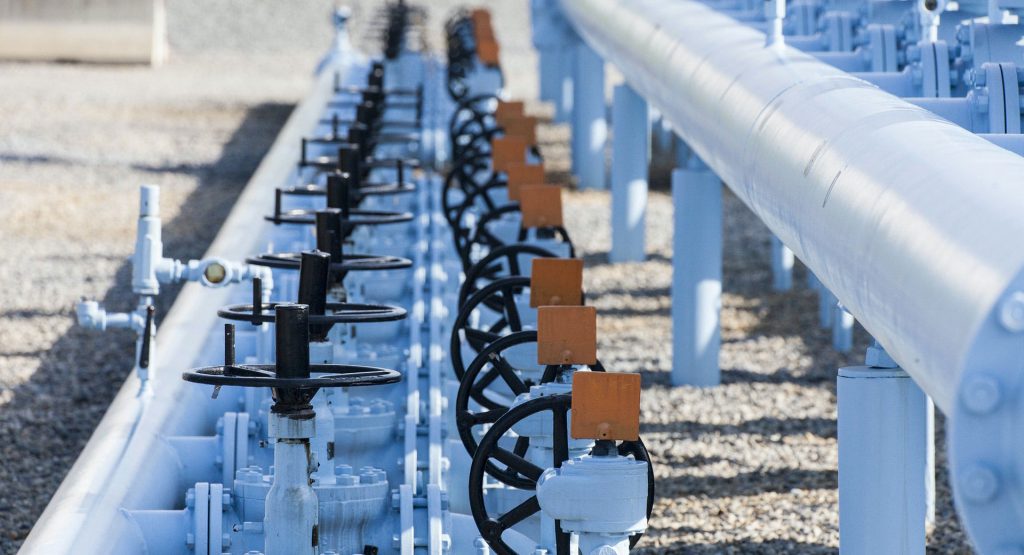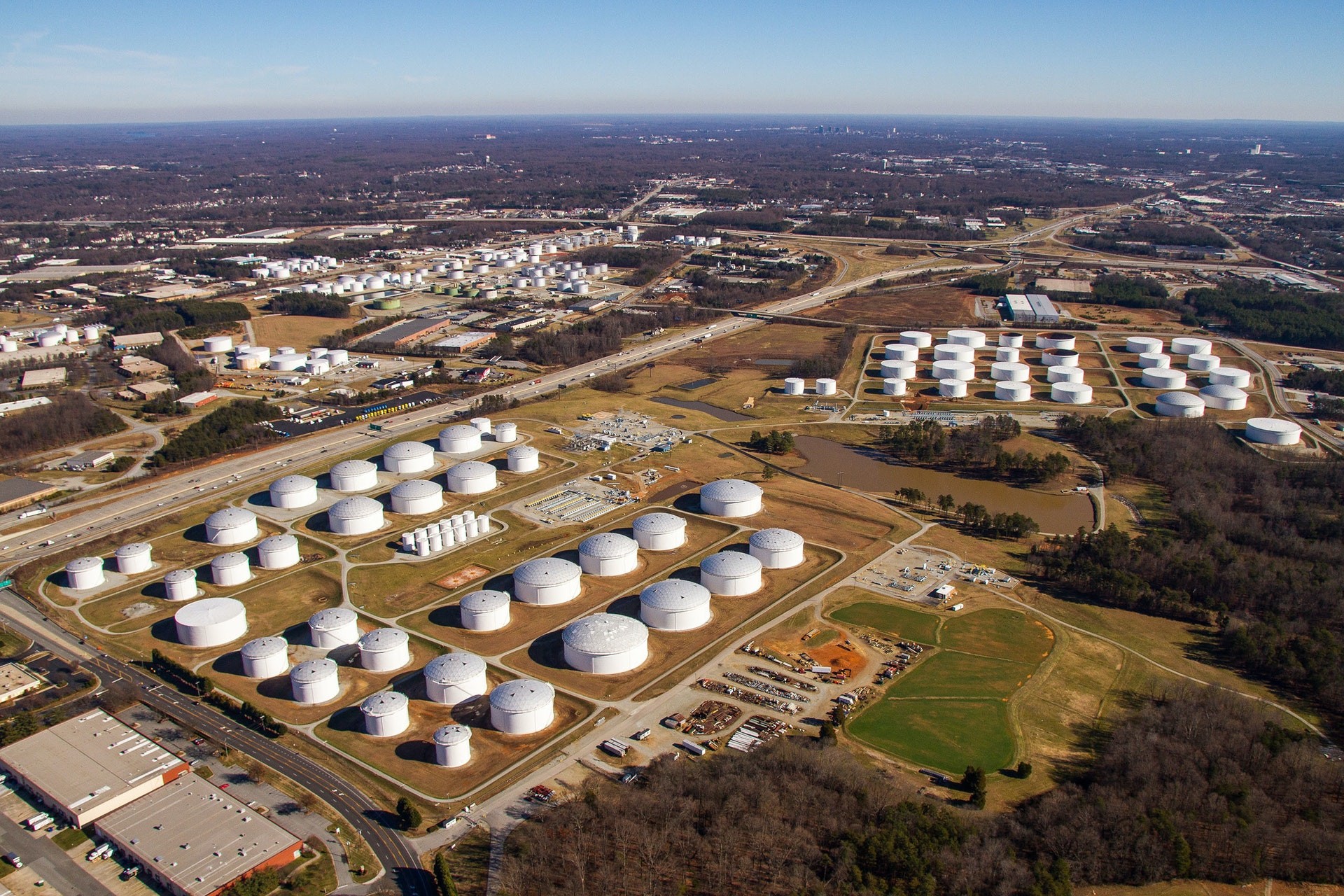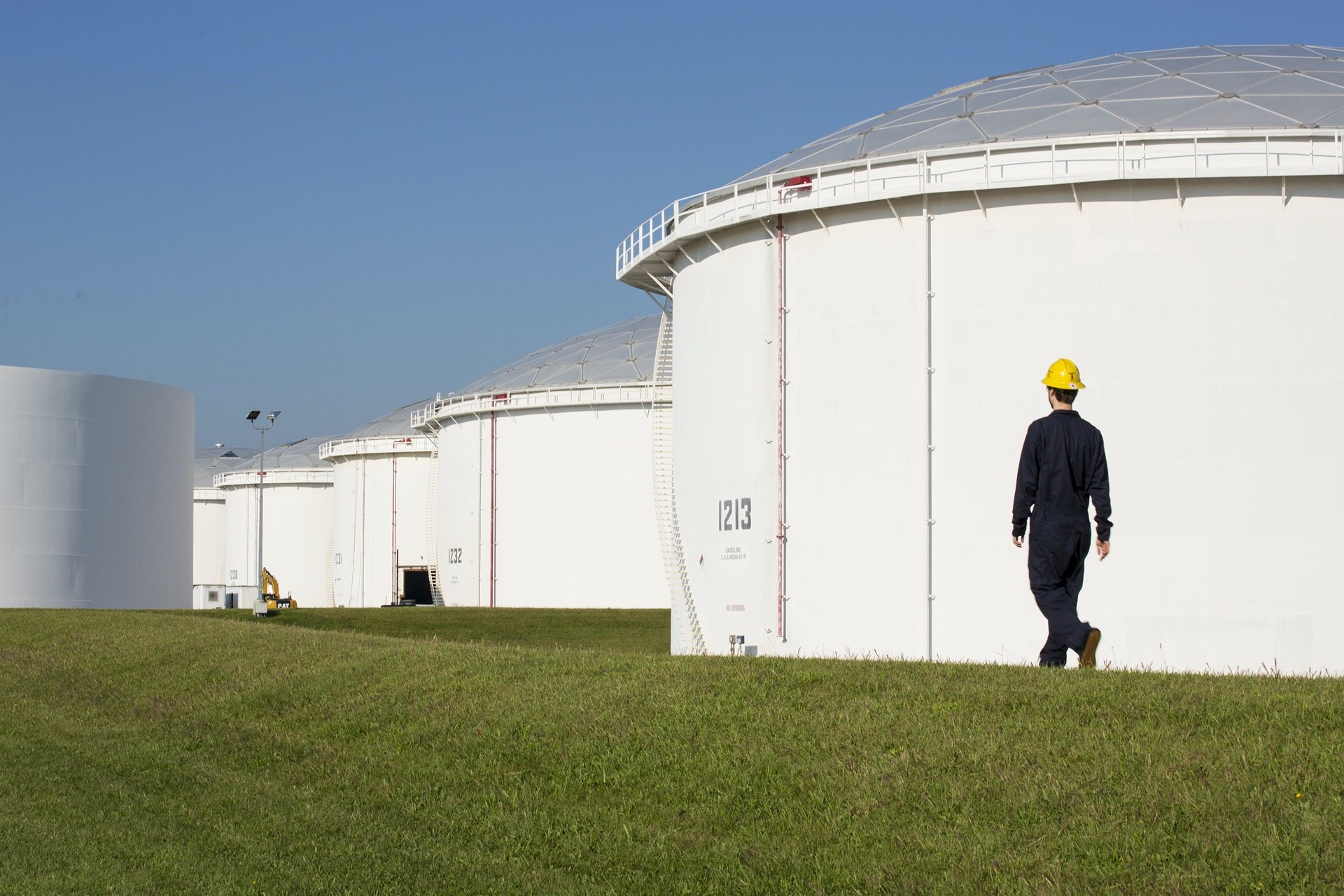A handful of automakers have been hit by ransomware attacks, but the latest incident could have larger implications.
Over the weekend, Colonial Pipeline revealed they were the victim of a ransomware attack and “proactively took certain systems offline to contain the threat.” Unfortunately, this resulted in all pipeline operations temporarily being halted.
While Colonial Pipeline isn’t a household name, NBC News reports the company transports 45 percent of the East Coast’s fuel supply as well as 2.5 million barrels of gasoline, diesel, jet fuel and other refined products daily. Needless to say, any disruption to that supply can cause major headaches including higher prices and potentially even fuel shortages.
Also Read: Lack Of Truck Drivers Could Lead To Fuel Shortages This Summer
As of yesterday, the company’s mainlines were still offline but some smaller lateral lines – between terminals and delivery points – were operational. Colonial Pipeline added they will bring their “full system back online only when we believe it is safe to do so, and in full compliance with the approval of all federal regulations.”
The Department of Energy is coordinating the government’s response and Colonial Pipeline suggested returning the network to fully operational status will take time as it’s a “process that requires … diligent remediation.” That being said, they’re bringing their network back online incrementally and are aiming to “substantially” restore service by the end of this week.
While the situation remains fluid, the Department of Transportation is aiming to increase the supply of fuel by temporarily lifting some restrictions on companies and drivers transporting fuel to Alabama, Arkansas, Delaware, Florida, Georgia, Kentucky, Louisiana, Maryland, Mississippi, New Jersey, New York, North Carolina, Pennsylvania, South Carolina, Tennessee, Texas, Virginia and the District of Columbia.
Of course, there’s a shortage of truck drivers and vehicles can’t deliver nearly as much fuel as pipelines can. AAA alluded to this as they expect gas prices to climb this week in response to the attack.
In particular, AAA spokesperson Jeanette McGee said “This shutdown will have implications on both gasoline supply and prices, but the impact will vary regionally. Areas including Mississippi, Tennessee and the east coast from Georgia into Delaware are most likely to experience limited fuel availability and price increases, as early as this week.”
Thankfully, the increases are only expected to be between three and seven cents. However, the longer the situation drags on, the more of an impact it will have.






